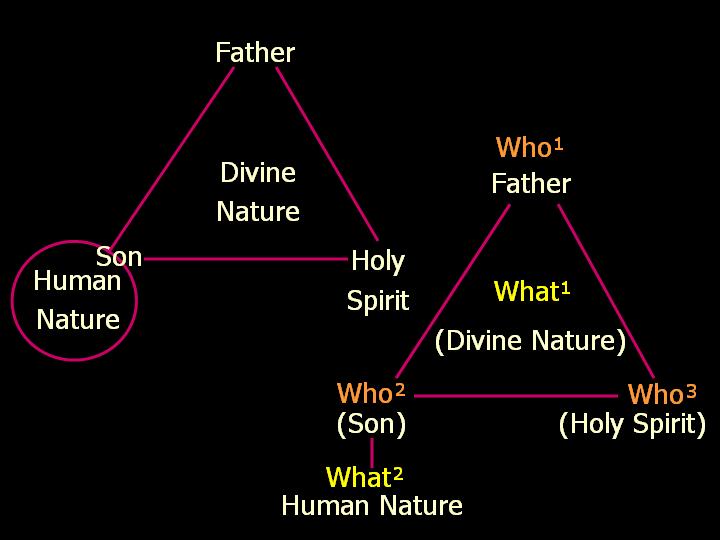Post Author: Bill Pratt
Many Christians cringe in horror when they hear the word theology. They think of complex and boring doctrines that just don’t matter to the average Christian. After all, they think, I have the Bible and that’s all I need.
But what is theology? Theology, in its simplest meaning, is a rational discourse about God. Theology covers a broad range of topics: the Bible, creation, sin, salvation, end times, the church, and the attributes of God.
That last topic, the study of the attributes of God, is known as theology proper. But why bother studying theology?
There are several good reasons why we should study carefully the attributes of God. First, as A. W. Tozer once wrote, “What comes into our minds when we think about God is the most important thing about us.” According to Tozer, “No people has ever risen above its religion.”
Second, “The mightiest thought the mind can entertain is the thought of God.” Since God is the ultimate being in existence, then our concept of Him will necessarily be the highest conception of anything we can conceive of. Sh0uldn’t we get this conception right?
Third, “There is scarcely an error in doctrine that cannot be traced back to false beliefs about God.” Every heretical offshoot of Christianity is characterized by incorrect conceptions of God. It always starts there.
Fourth, “Until a man sees a vision of God high and lifted up, he cannot understand the gospel.” Why is that? Because the gospel proclaims that Jesus had to die to reconcile us to God. The reasons Jesus had to die are God’s total moral perfection, holiness, and justice. If you do not understand these things about God, then the atoning death of Jesus makes no sense.
Fifth, we cannot recognize false gods until we know the true God. There are numerous religious groups out there claiming to be Christian or claiming to be compatible with Christianity. How can you tell which are and which are not? You must understand who the God of the Bible really is, and that is what theology teaches you.
Sixth, and finally, you will never find ultimate satisfaction in anything less than the Ultimate, who is God.
For all of these reasons, I commend the study of theology to you. If you truly want to know God, then what are you waiting for?
